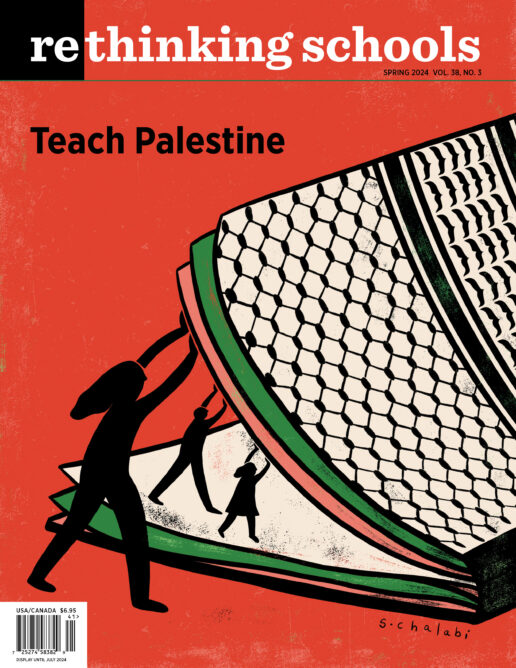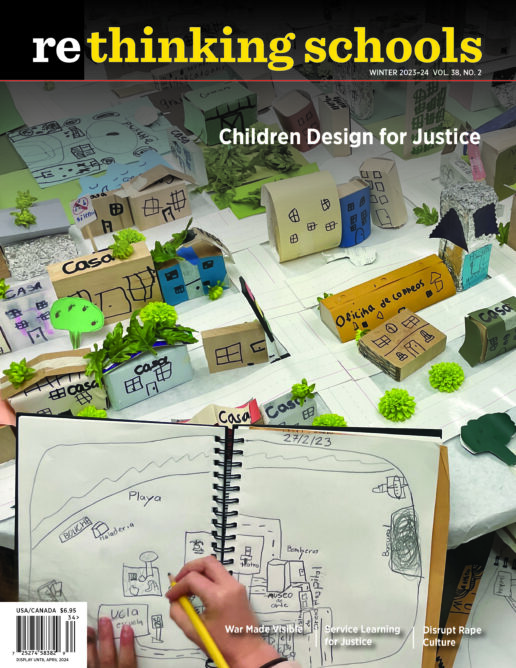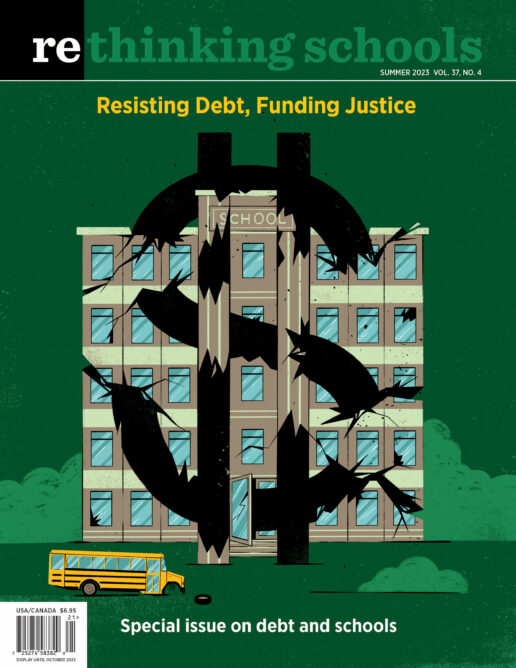-
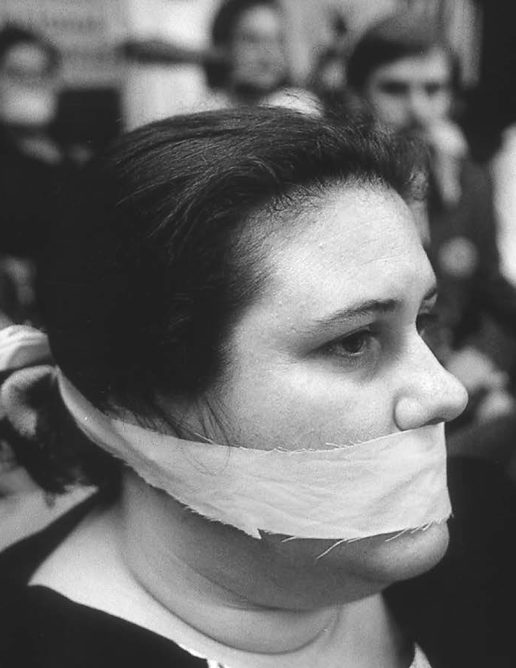
What Now for Bilingual Education?
Six months after California’s Proposition 227 was passed we see disrupted schools, confused teachers, and kids dumped out of good programs for crash courses in English. But some bilingual education survives, thanks to parent and teacher support.
-
Does Bilingual Ed Work?
It seems logical: if a student needs to learn English, put them in an English-language classroom. But research and experience underscore the importance of bilingual education.
Bilingual education is counterintuitive. Most people wonder: How could teaching students in their native tongue help them learn English? Many assume the idea of bilingual education is to go easy […]
-
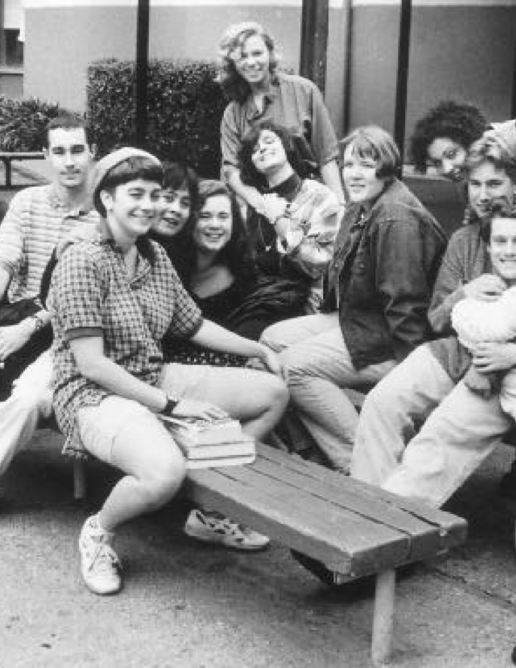
Out Front
An "out' high school teacher discusses what schools can do to fight the pervasive problem with homophobia.
An openly gay high school teacher discusses what schools can do to fight homophobia.
-
$22 Million Siphoned from MPS to Pay for Private Schools
The U.S. Supreme Court declines to hear the Milwaukee voucher case, shifting focus to political and educational problems with public funds for private schools.
-
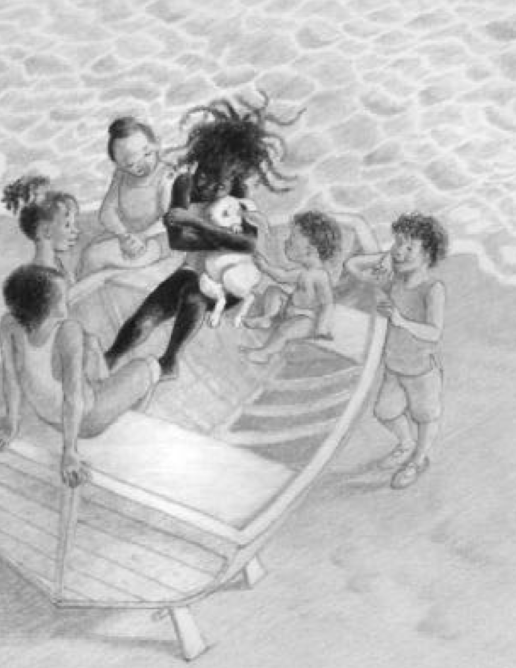
What Color is Beautiful?
A kindergartner says he doesn't like his dark skin. His teacher grapples with how best to respond and finds a valuable resource in Nina Bonita.
A kindergartner says he doesn’t like his dark skin. His teacher grapples with how to respond, and finds a valuable resource in the book “Nina Bonita.”
-
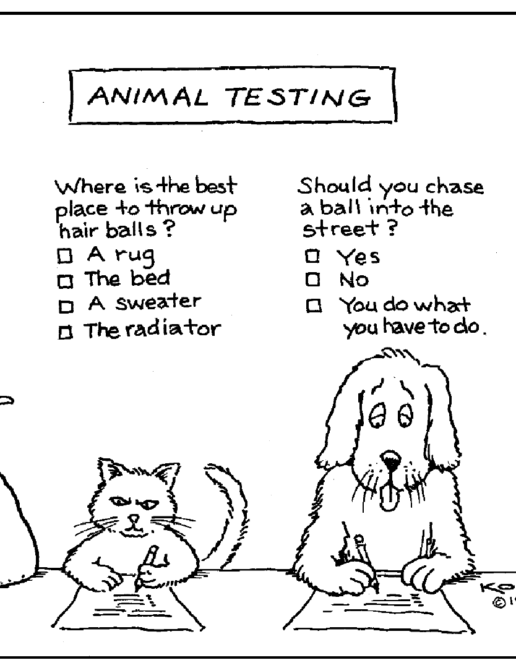
Trivial Pursuit Testing
An education professor takes the Massachuesetts teacher certification test. His conclusion? The test is excellent - if the goal is to train winners in competitions of Jeopardy or Trivial Pursuit
An education professor takes the notorious Massachusetts teacher certification test. It’s a great test, he says, if the goal is to train contestants for “Jeopardy” or “Trivial Pursuit.”
-
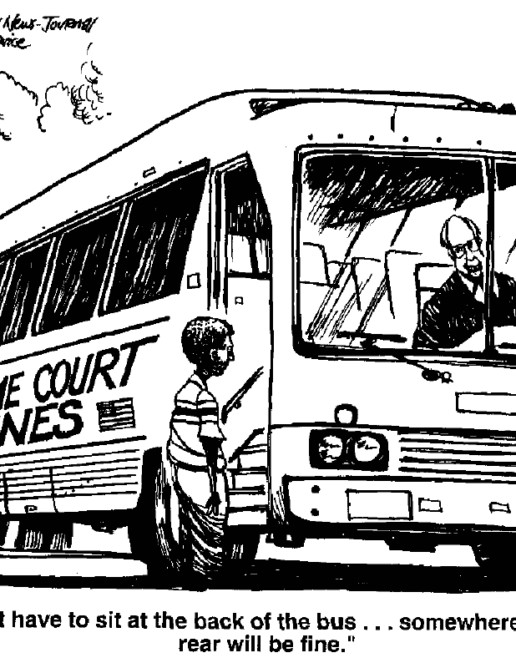
Equity Takes a Hard Hit
Across the country, concern with equity is dwindling as voters, school boards, and federal courts look instead to "race neutral" policies
Editorial Across the country, concern with equity is dwindling as voters, school boards, and federal courts embrace so-called “race-neutral” policies.”
-
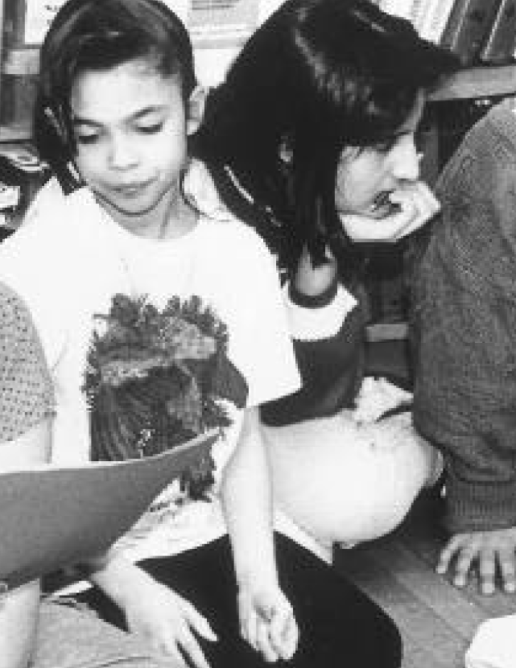
Tracking and the Project Method
A fifth grade teacher reflects on alternatives to tracking, and how he deals with teaching to a range of skills so that all the children learn.
A teacher reflects on alternatives to tracking, and how to teach kids with a range of skills.
-

Keeping Schools on Track
Research has documented the inequitable effects of tracking, yet the practice persists. Why do so many reformers sidestep the issue?
Research has proven that tracking is inequitable. So why does it persist? And why do so many reformers sidestep the issue?
-
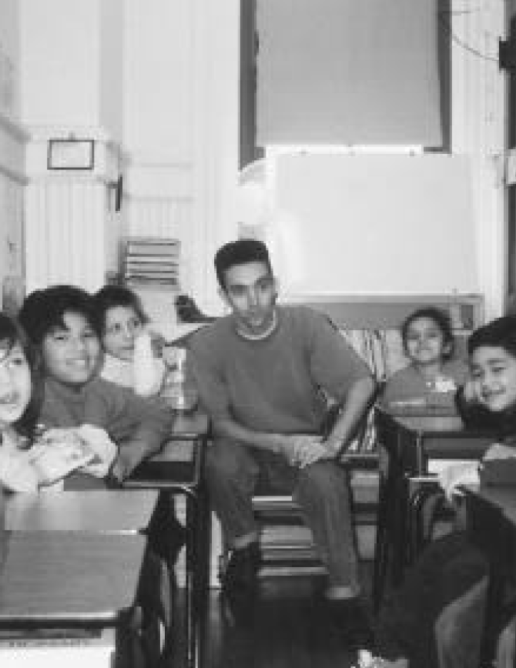
Terriblehorriblenogoodverybad
Some days are like that. And some practices, such as tracking, are much worse
Some days are like that. And some practices, like tracking, are even worse.
-

What’s the Fuss?
Are the debates over bilingual education grounded in what is educationally best for children — or over issues of assimilation versus cultural pride?
Are debates over bilingual ed grounded in what’s best for students, or are they clouded by cultural issues and opinions about assimilation?
-
The Poetry of Protest
Martín Espada’s poetry is a weapon for justice for those who aren’t white, who don’t speak English, whose work as migrant laborers is exploited.
Martin Espada’s poetry is a weapon for justice for those who aren’t white, who don’t speak English, and whose work as migrant laborers is exploited.
-
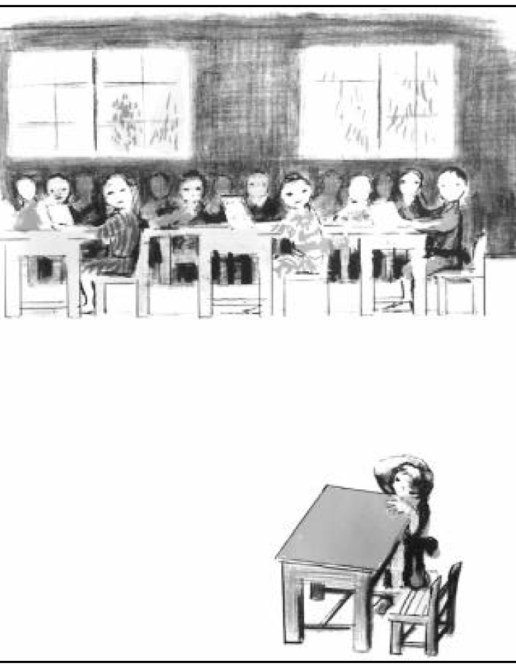
Philip’s Transformation
An elementary teacher explains how she uses the book Crow Boy as part of a curriculum based on respect for differences — and helped reach a student who entered her classroom angry and alienated.
How an elementary school teacher uses the book “Crow Boy” to teach respect for differences, and how she helped one angry, alienated student.
-
The Trial
One early elementary teacher explains how she explores issues of homelessness. Her goal: to increases student compassion and understanding, yet sidestep an “us” vs. “them” dichotomy.
Helping students get past “us versus them” while exploring homelessness.
-
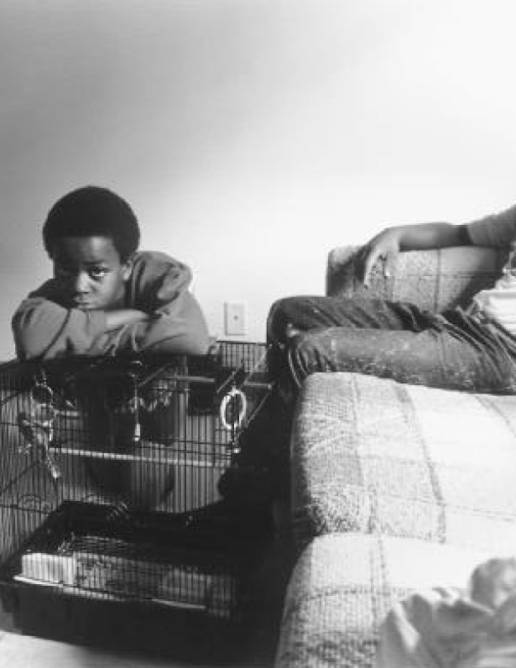
Revolving School Doors
The high cost of housing means not only homelessness but, for many poor families, frequent moves. Some children switch schools once or more a year — with dire effects on learning.
High housing costs mean many students move — and change schools — once or more each year, with dire effects on learning.
-
Past and Present
An Encounter with the Elders
Reviews of “Teacher with a Heart: Reflections on Leonard Covello and Community,” by Vito Perrone, and “School Equity: Strategy for Creating Productive Schools in a Just Society,” edited by Marilyn J. Cittell.
-
Hooking up with Commercial-free Education
By now, anyone who uses the web has become used to the ads. What was once a commercial-free medium is now jammed with promotional banners and product advertisements that flood the screen with nearly every click of the mouse.
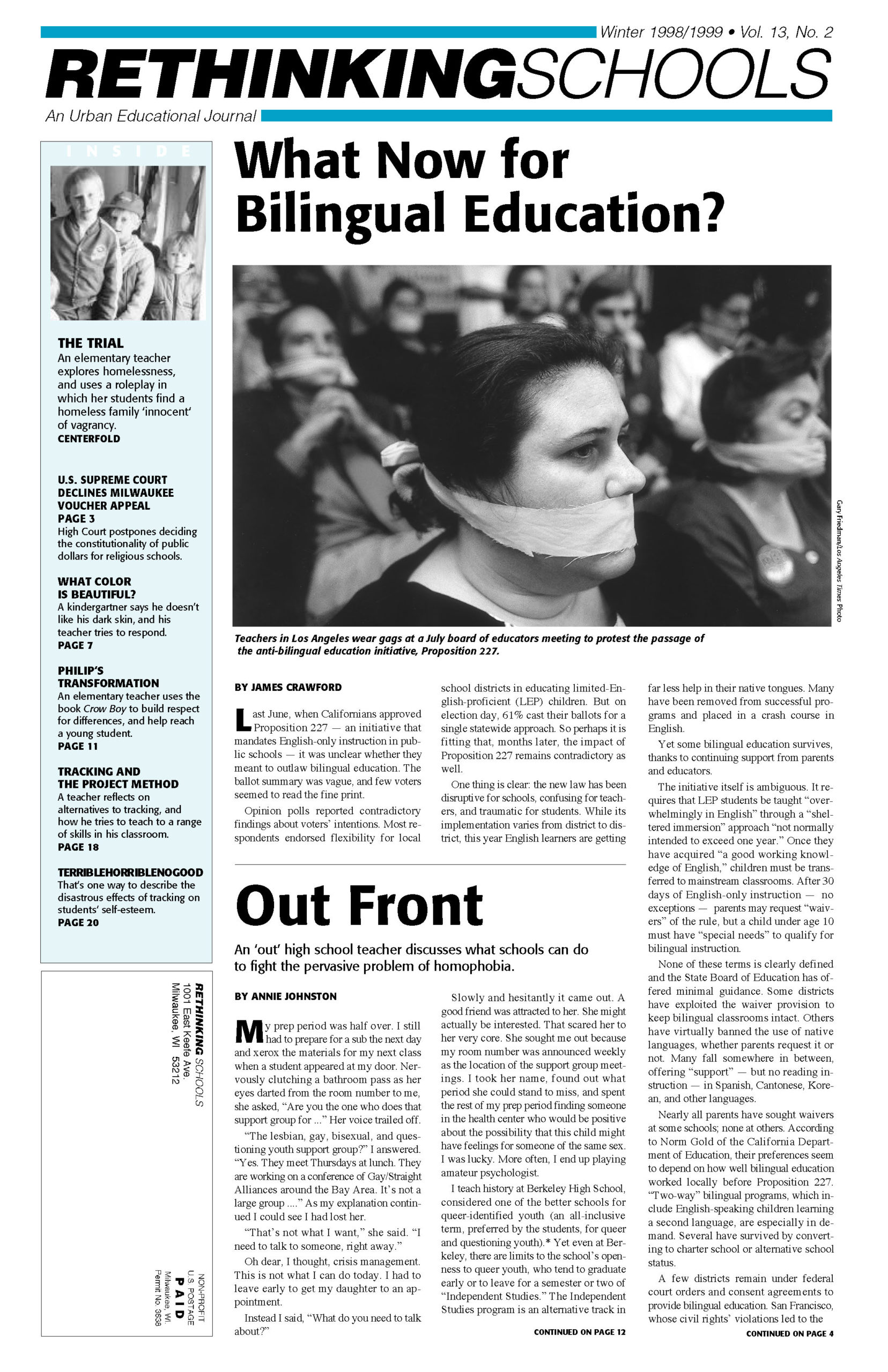
Volume 13, No.2
Winter 1998/1999
Annual Subscription: $24.95
Purchase Digital Copy: $4.95
To purchase individual paper copies of the magazine email us or call customer service at 1-800-669-4192

